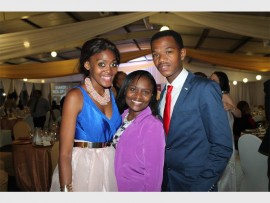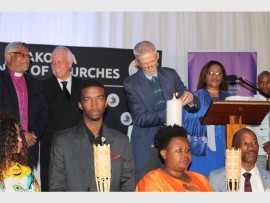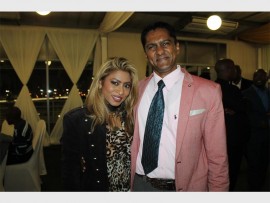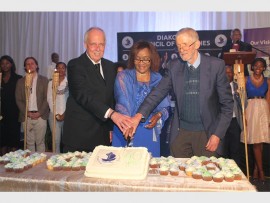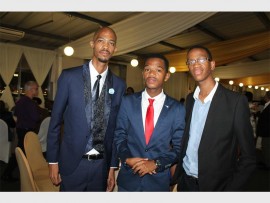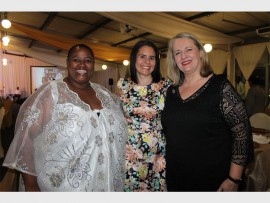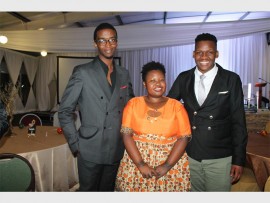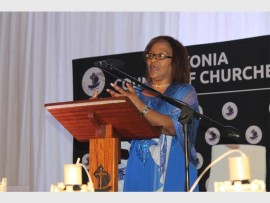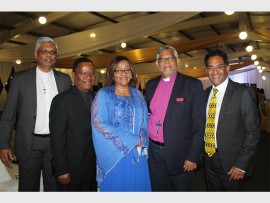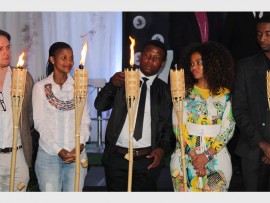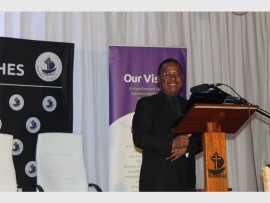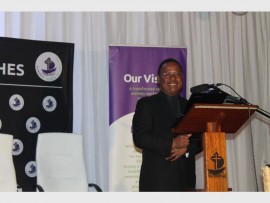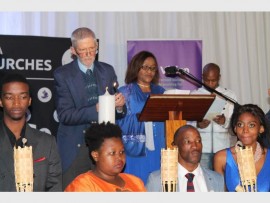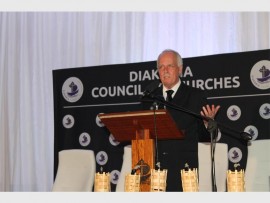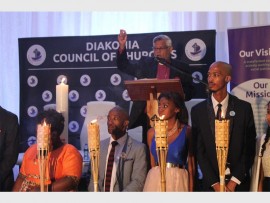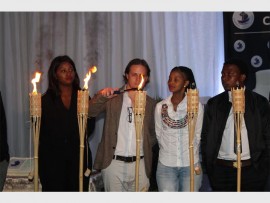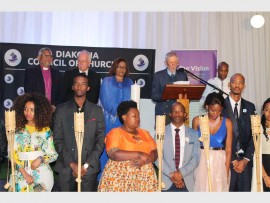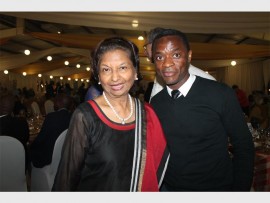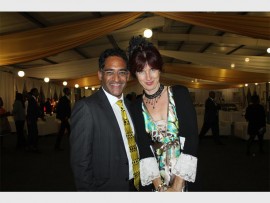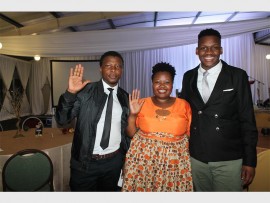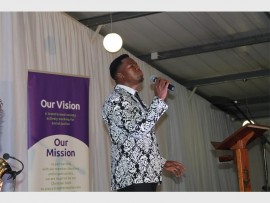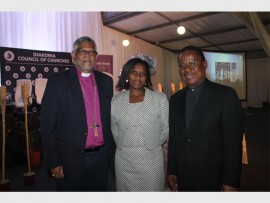Social justice flame re-ignited at Diakonia’s 40th anniversary celebrations
The Diakonia Council of Churches recently hosted its 40th commemorative gala dinner.

DIAKONIA Council of Churches re-affirmed their and the churches role in society to develop social justice and get the next generation of social activists excited about working for social justice and human rights at their 40th commemorative gala dinner at the Greyville Convention Centre last Friday evening.
Chairperson of Diakonia Council of Churches Rev Ian Booth welcomed the guests which included former anti-apartheid activists from church, business, political and civil organisations. Rev Booth said it was important to reflect upon celebrate the milestone 40 years of service to the community of Durban in working towards a transformed society in South Africa.
In a symbolic dedication of the theme for the night: “Keeping the Social Justice Flame Alive,” former director of Diakonia, Paddy Kearney, current executive director Nomabelu Mvambo-Dandala as well as youth leaders from various churches ignited candles and torches showing their passion to continue with the work of social justice and transformation the elders had started.
The youth played an integral part of society Mvambo-Dandala said and while Diakonia continued with their work in social justice, she was happy to hand over the baton to young leaders and happy to see the new generation of social justice activists play a role.
Reverend Frank Chikane, guest speaker for the evening also brought up the role youth have in transformation. “The #FeesMustFall protests have brought in a startling reality of the contradictions that we are facing in this country, that 22 years after our freedom, there will still be people who will not be able to live normal lives, be able to have food on their tables and a roof over their heads, be able to travel to work and not just work for the travel costs,”he said.
Chikane said the churches needed to come together beyond the boundaries of denominations to deal with the social issues affecting South Africa.
“The vision of Diakonia is very relevant, a transformed society actively working for social justice. We need to return to radical ecumenism of Denis Hurley when he started Diakonia, break the walls of separation between churches and the people. Churches must be agents of change,”he added.
Bishop Rubin Phillip toasted Diakonia’s forty years which he said was a very significant period. “It is a time to look back and also to look forward and give thanks for the leaders of the past and the young people that take over the torch for the future,”

